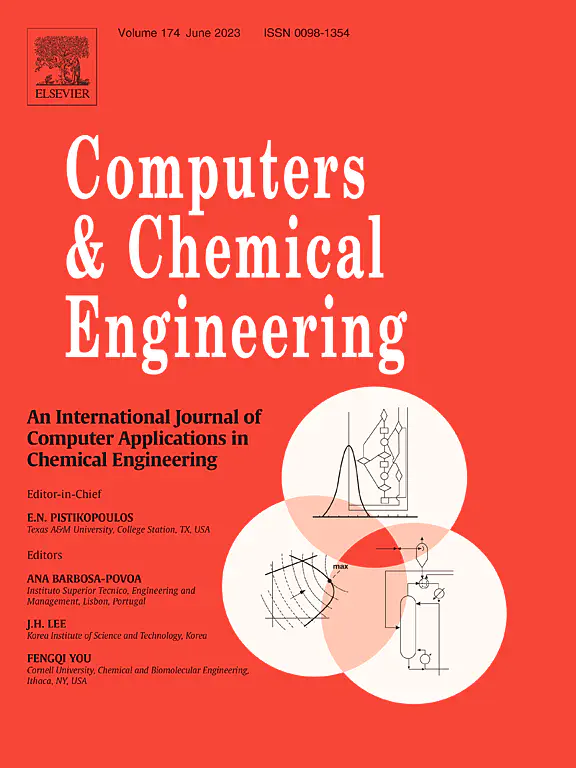A data-driven optimization model for the workover rig scheduling problem: Case study in an oil company

Abstract
After completion, oil wells often require intervention services to increase productivity, correct oil flow losses, and solve mechanical failures. These interventions, known as workovers, are made using oil rigs, an expensive and scarce resource. The workover rig scheduling problem (WRSP) comprises deciding which wells demanding workovers will be attended to, which rigs will serve them, and when the operations must be performed, minimizing the rig fleet costs and the oil production loss associated with the workover delay. This study presents a data-driven optimization methodology for the WRSP using text mining and regression models to predict the duration of the workover activities and a mixed-integer linear programming model to obtain the solutions for the model. A sensitivity analysis is performed using simulation to measure the impact of the regression error in the solution.